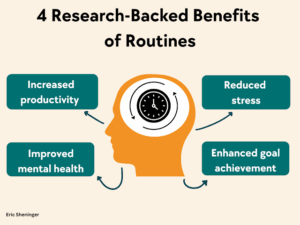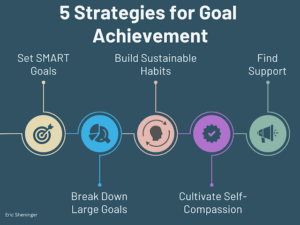Miley Cyrus’s Wrecking Ball may be an ode to the impact of artificial intelligence on higher education.
Since the launch of ChatGPT in particular, traditional means of assessment – such as essays and assignments – have been usurped by students who use the robot to write it for them.
From what I can gather, the response by educators has been mixed. Some refuse to recognise the problem (head in the sand); some trust their students to act honestly (fingers crossed); others police it with AI detectors (though that’s flawed); while others have admirably taken on the challenge of modernising their pedagogy, either by changing the nature of the assessment or by incorporating the use of AI in the exercise.
Of course cheating is not a new phenomenon in college. Plagiarism is almost as old as publishing itself, while contract cheating is the analog forerunner to generative AI. Impersonators have even been caught taking exams on behalf of someone else.
This has spawned a range of mitigation measures, such as Turnitin, ID checks and live online proctoring.
All of which are moot in the context of easy riding – an insidious habit that not only compromises academic integrity, but also prompts us to recast who’s doing the cheating.
If academic integrity is the foundation of academic credibility, sooner or later those chickens will come home to roost.

Alas, the higher education sector is a microcosm of society. Its experience proves that when an opportunity to cheat is available, and the incentive is strong enough, a proportion of the population will do so. We’re only fooling ourselves to pretend otherwise.
Another microcosm is the corporate sector, which is certainly not immune to the foibles of the human condition. Here, e-learning is the poster child of dubious behaviour, such as checking your email while a video plays in the background, speed clicking the Next button, brute forcing the quiz (aided by poor question design) and even tricking the LMS with some cheeky code monkeying.
This too has spawned a range of mitigation measures, such as auto pausing the video on blur, gating the navigation, reporting the time spent (though I’ve never seen this enforced), increasing the number of questions (quantity > quality), and even attempting to lock down the browser.
All of which are moot when the robot can complete the module for us.

Clearly, as per our friends in the higher education sector, we in the corporate sector need to evolve our approach.
One way would be to address why people cheat in the first place. The evergreen reason is busyness, among a raft of other extrinsic drivers. So adjusting our instructional design (eg micro-learning) and boosting intrinsic motivation (particularly by improving the relevance and authenticity of our deliverables) are important pieces of the puzzle.
But the great unsaid why some people cheat is, frankly, they’re lazy. I realise some folks may find this notion confronting; in certain circles, students can do no wrong, and a similar brand of progressive parenting is popular in L&D. However I think we’re better off recognising it as an aspect of human nature.
So do we eliminate e-learning altogether? I say no, because its advantages as a mode of delivery make it a valuable ingredient in the L&D blend.
Instead, I think the first step forward is to acknowledge that our online modules can and will be cheated. But I also think the second step is to temper that acknowledgement with an appreciation of the fact that not everyone will cheat.
Hence an online module should be a worthwhile learning experience for anyone who chooses to consume it in the right spirit. Notwithstanding that, it shouldn’t be the be-all-and-end-all of the education. Rather, it should be a contributor to a broader campaign to lift capability.
Having said that, I advocate an even deeper approach to mitigate cheating: adopting a skills-based learning strategy. By that I mean shifting our mindset from one of delivering courses to one of validating skills. Employees who can already demonstrate a learning outcome need not do the course, while for everyone else it becomes a resource.
Heretically, one may say let them cheat. Because in a sense, it doesn’t matter so much whether they do the course or not. What really matters is the rigour of your validation process, which represents the sum total of their skill building experiences. If someone hasn’t bothered to build the skill (via your course or otherwise), they won’t be able to practise it.
In this way, the course becomes a means to an end, not an end in itself.




